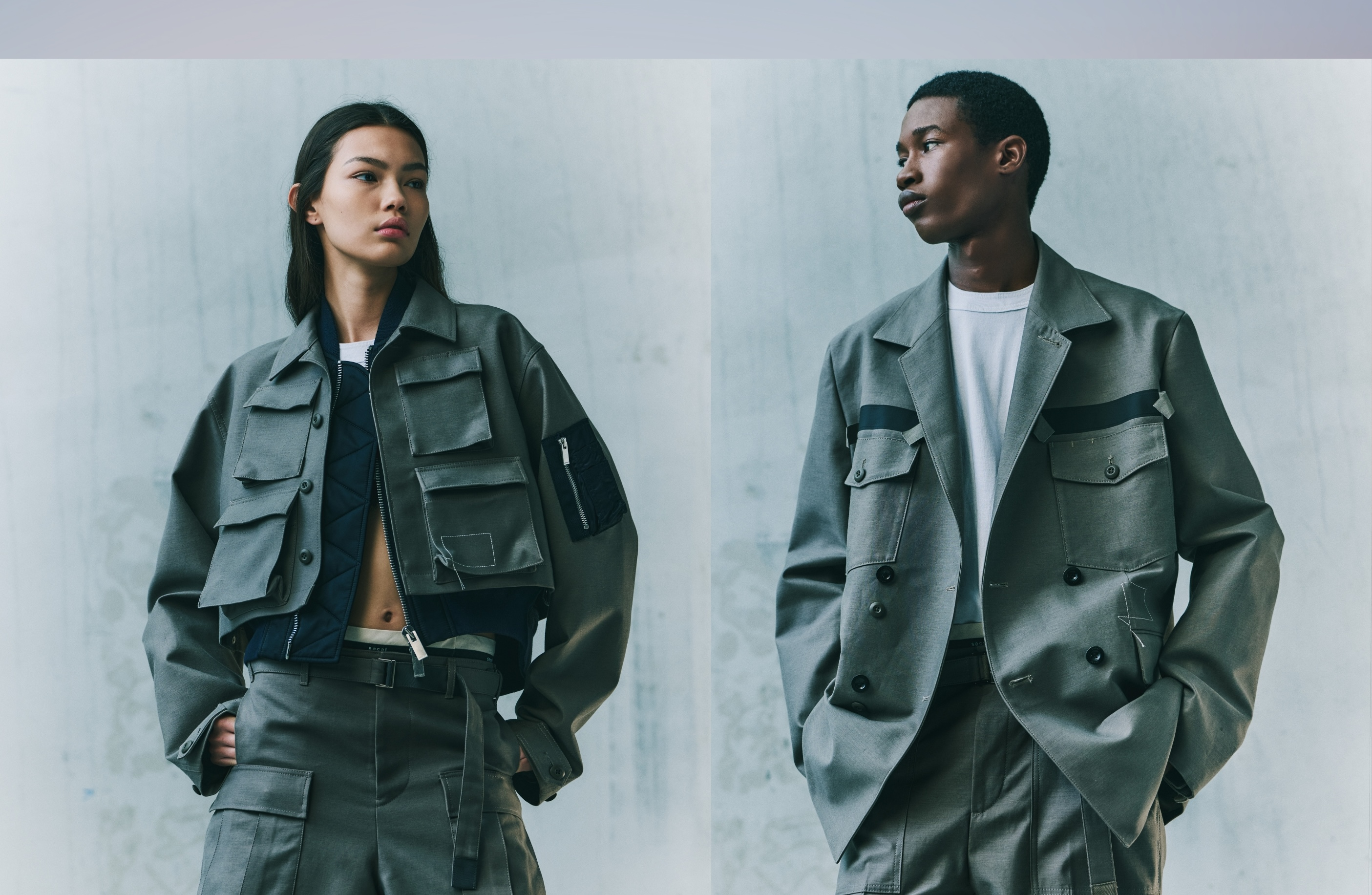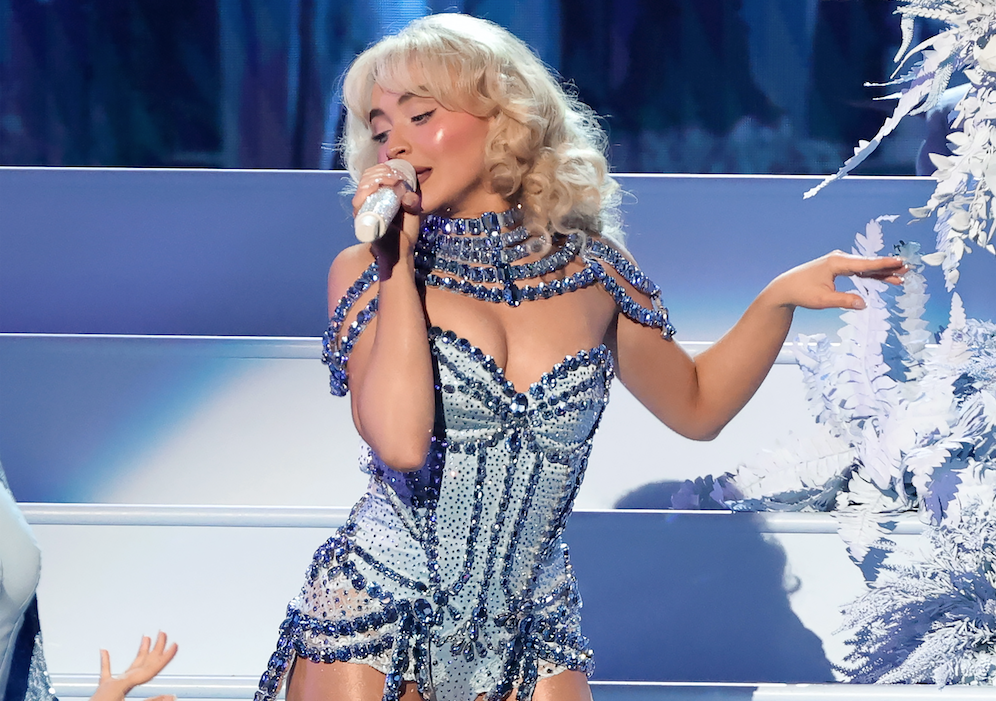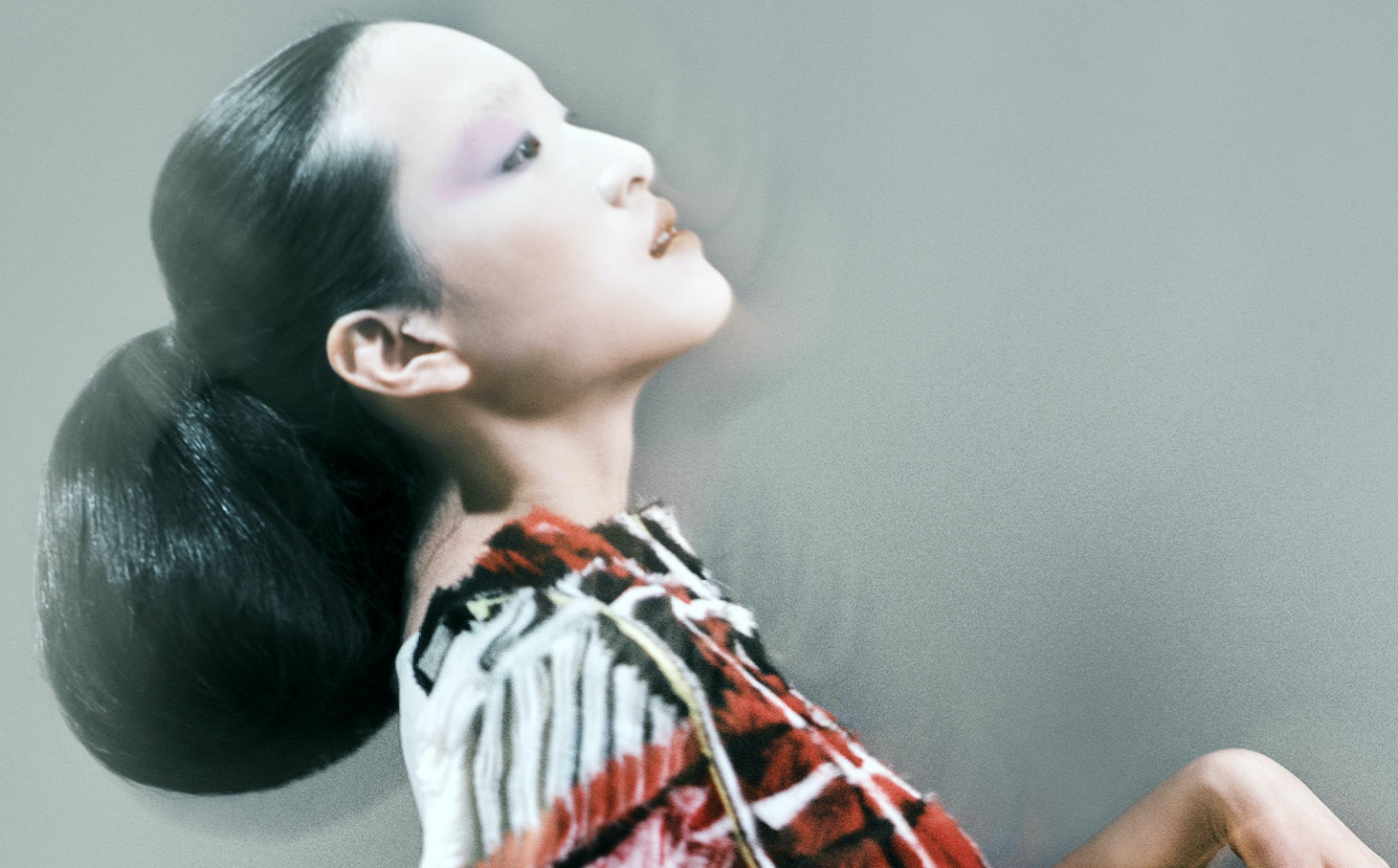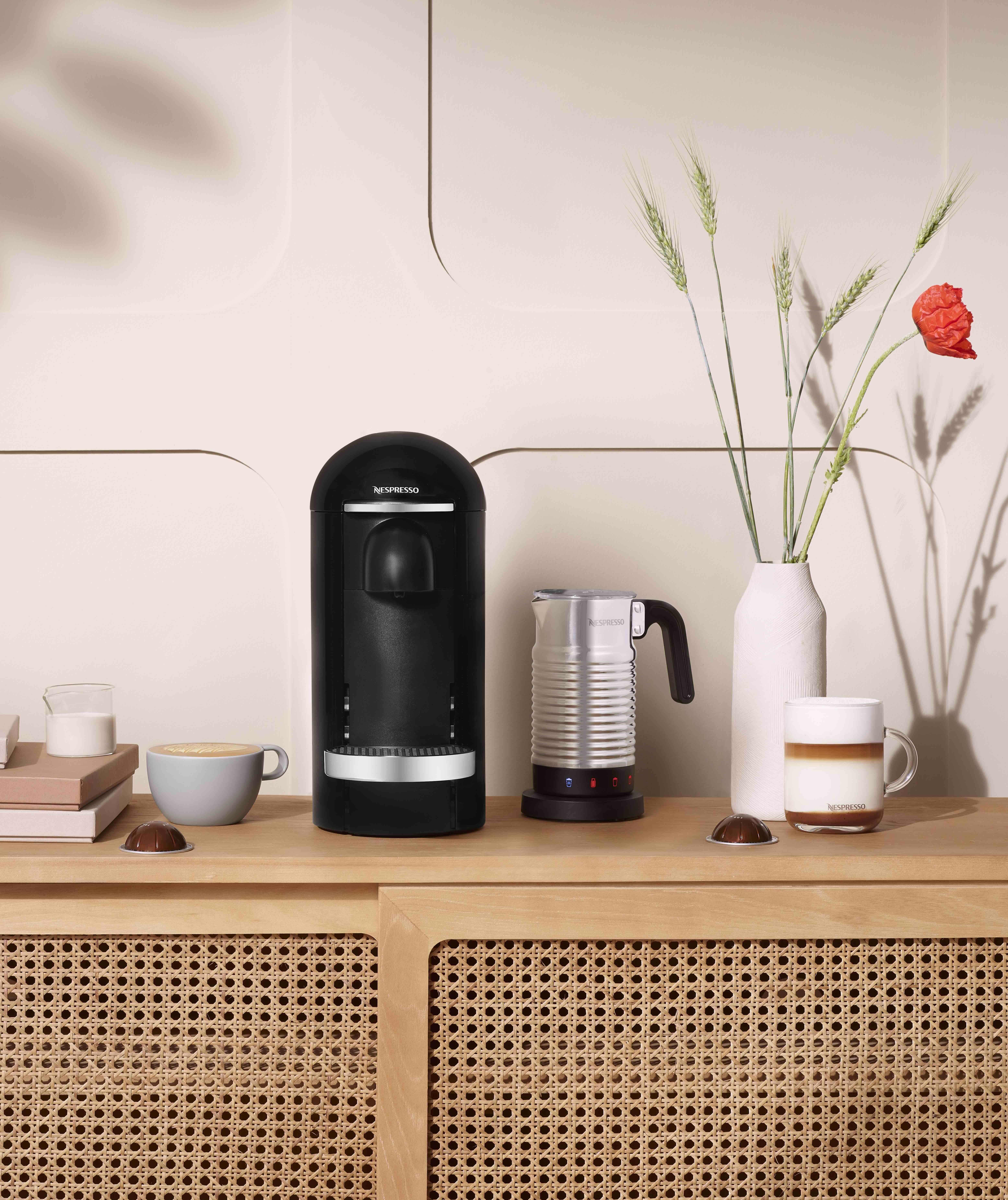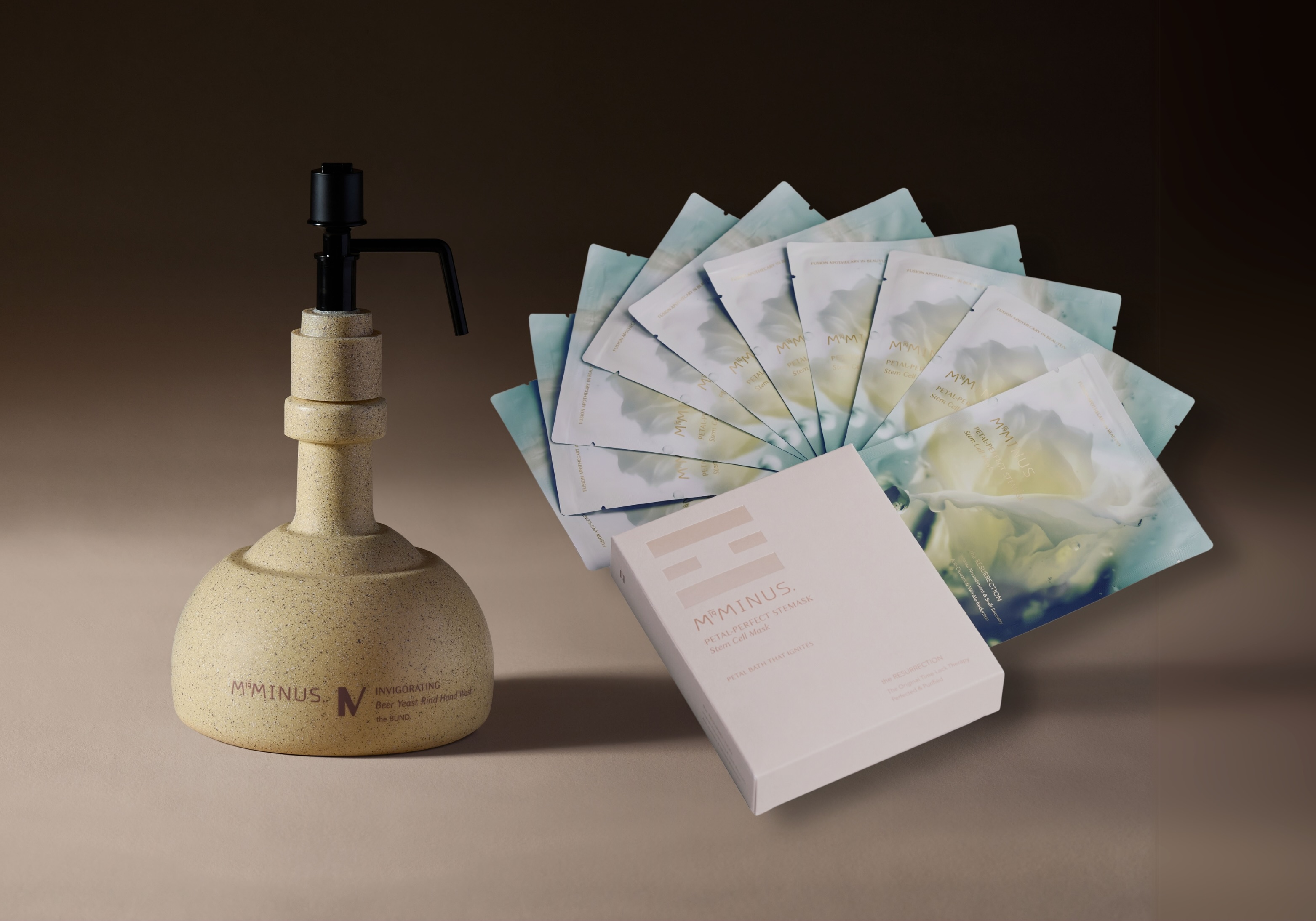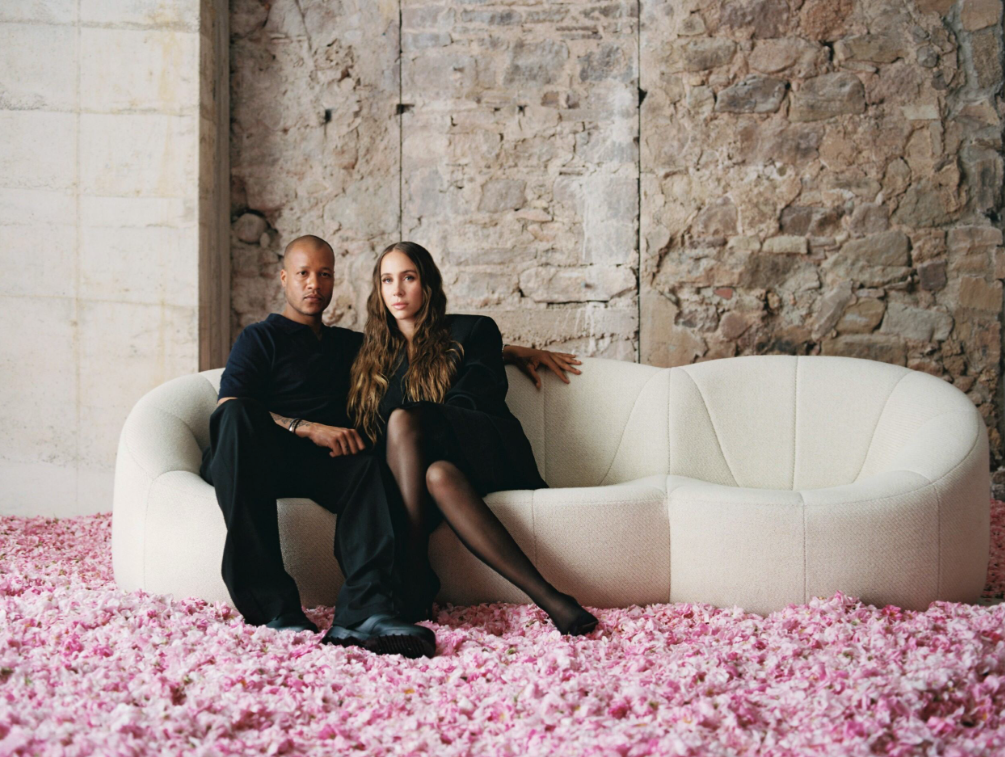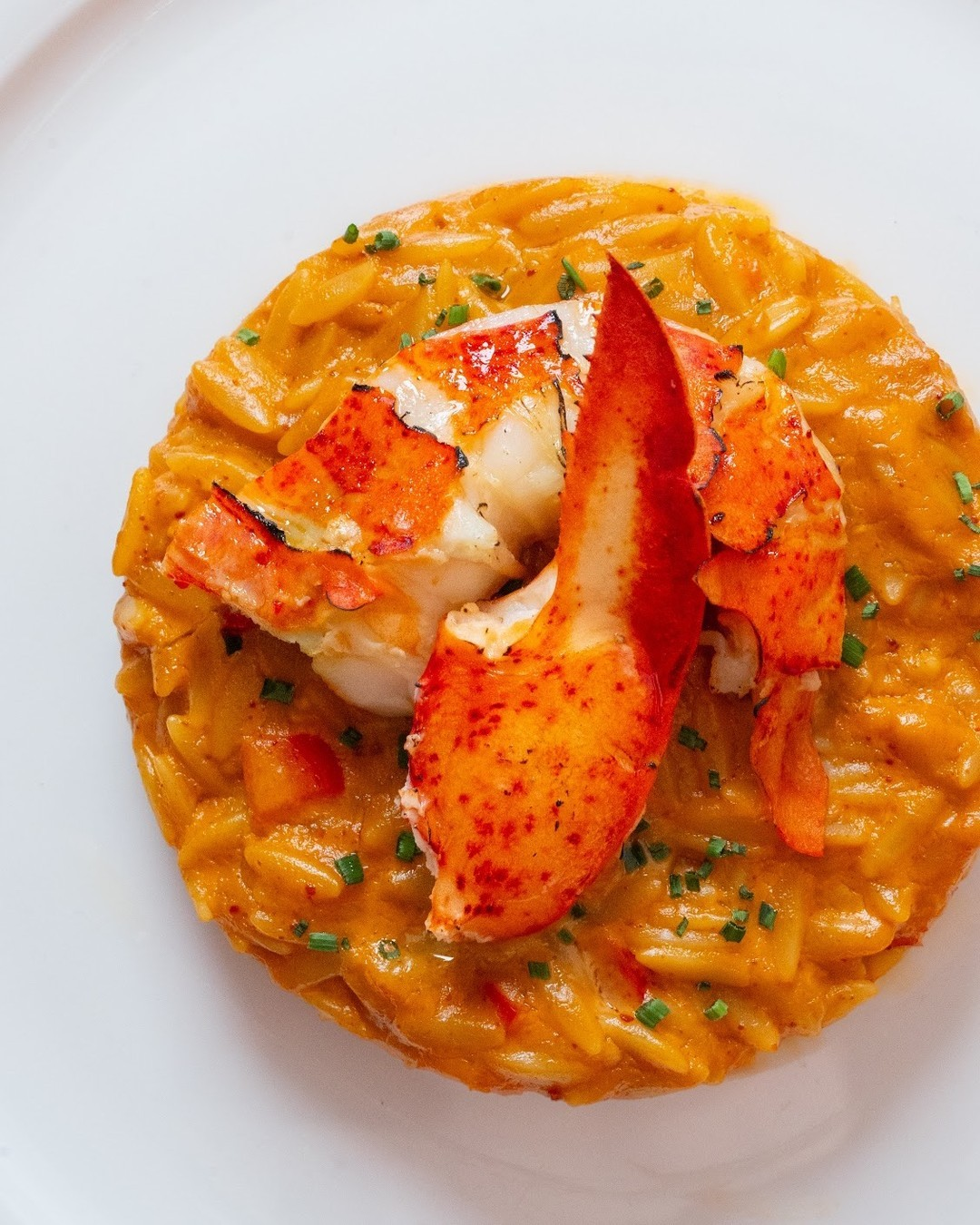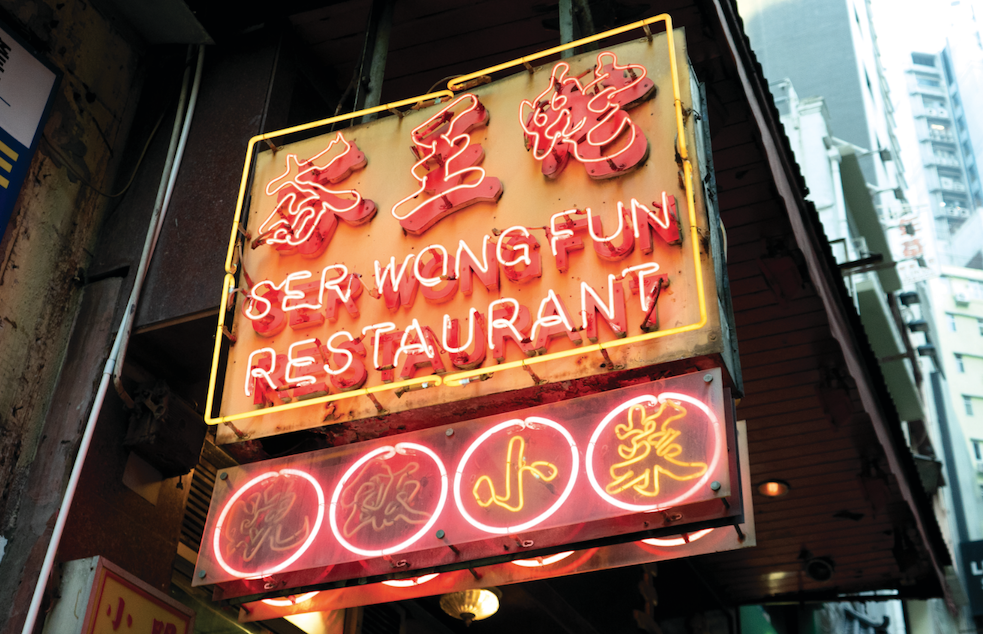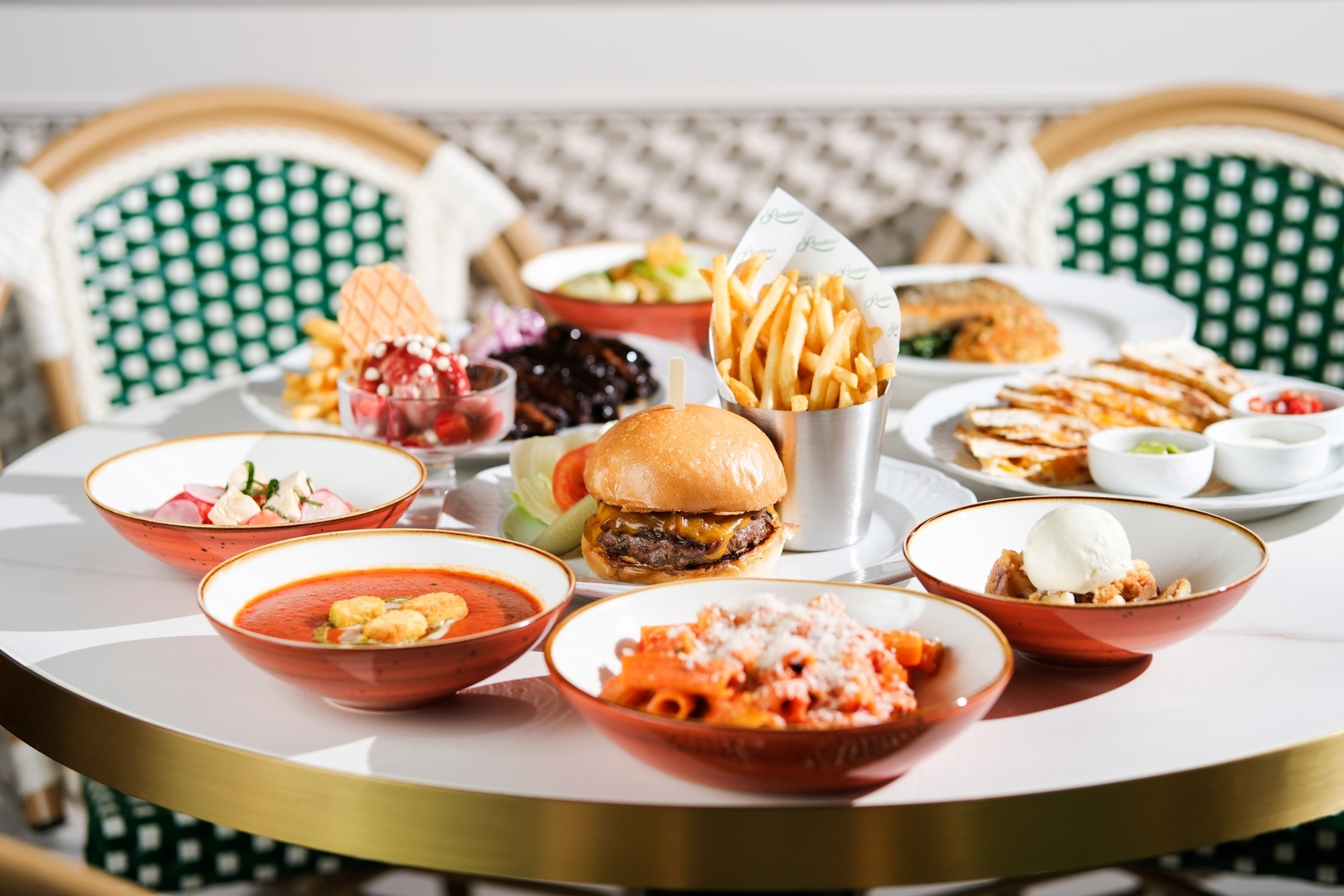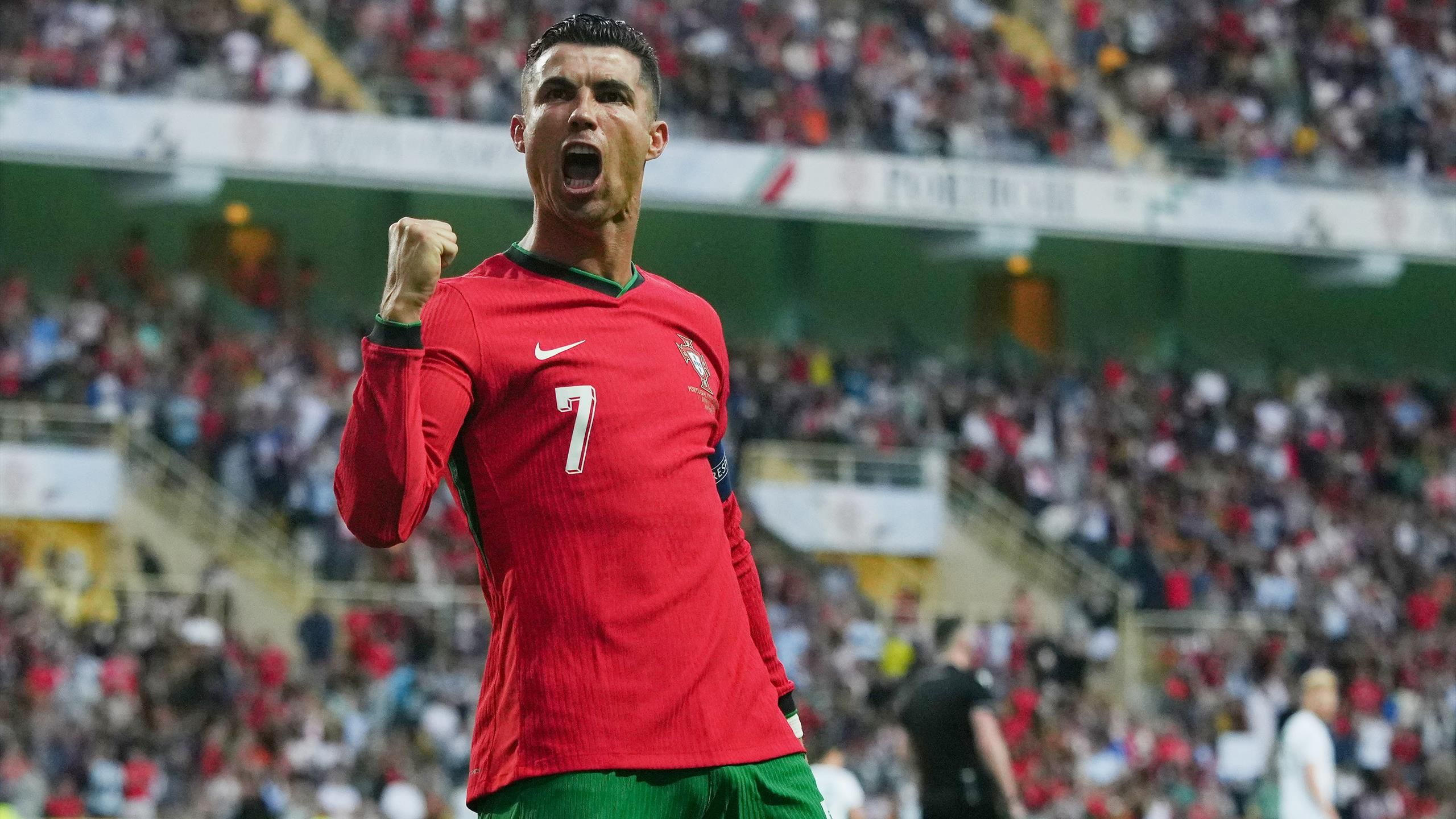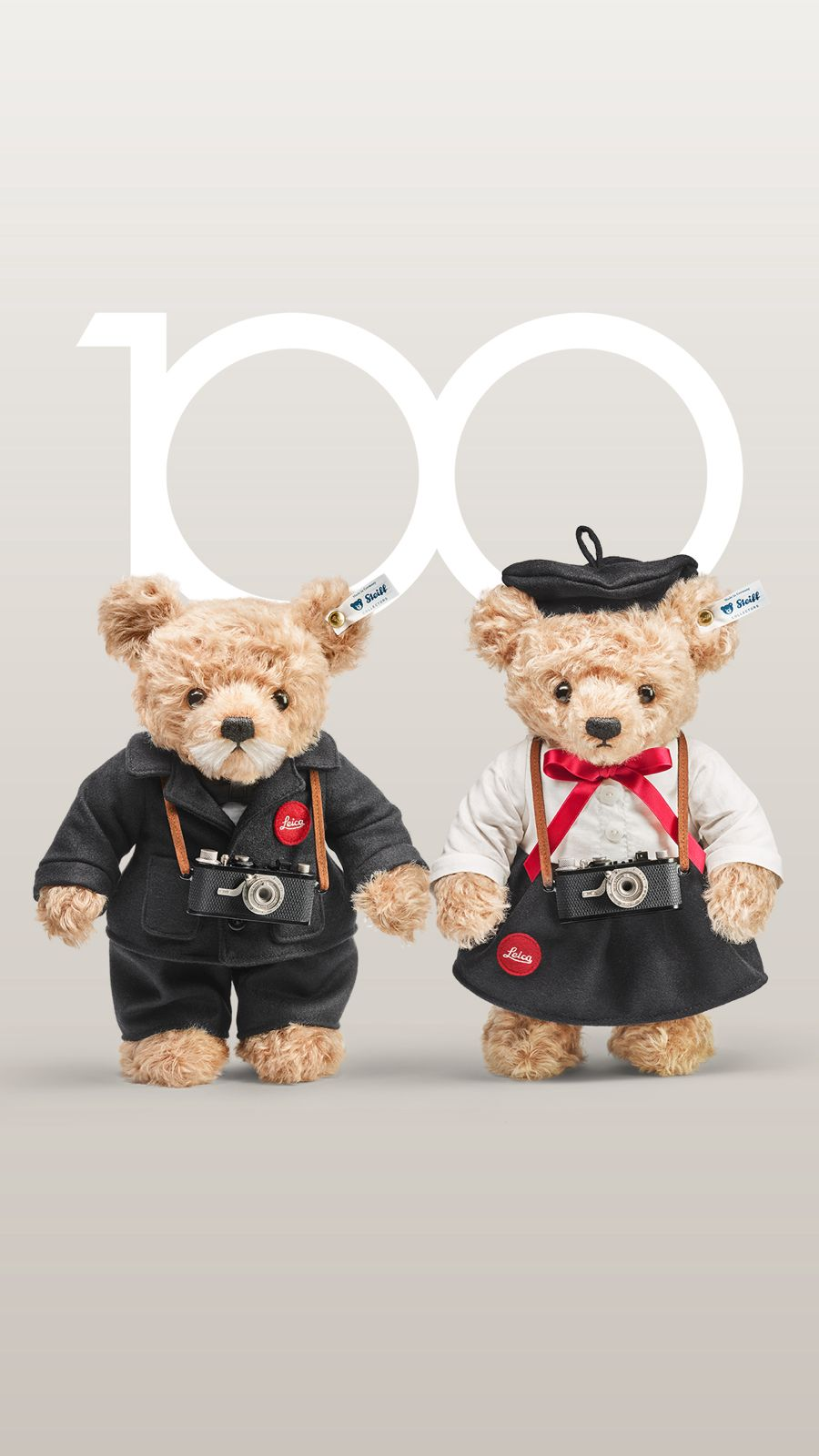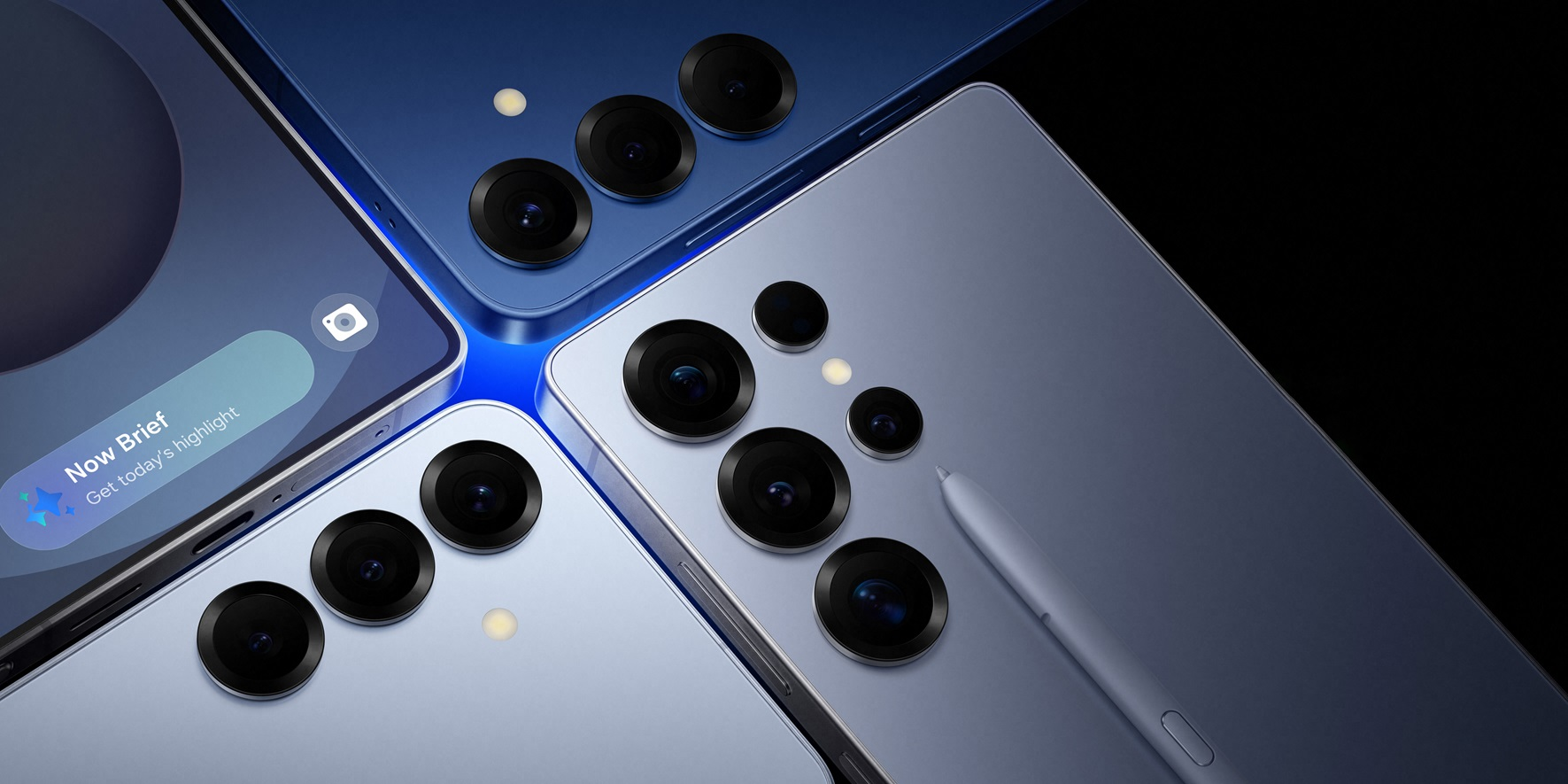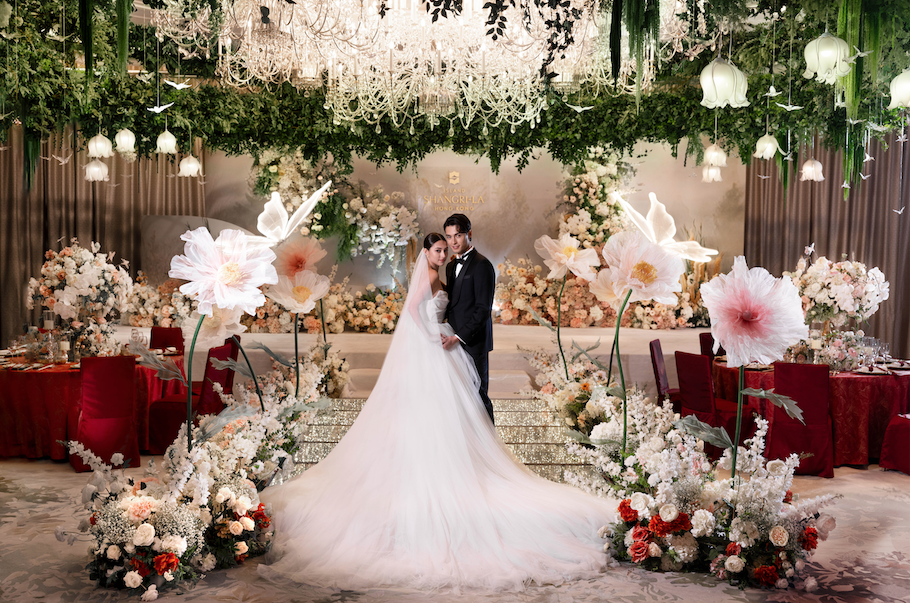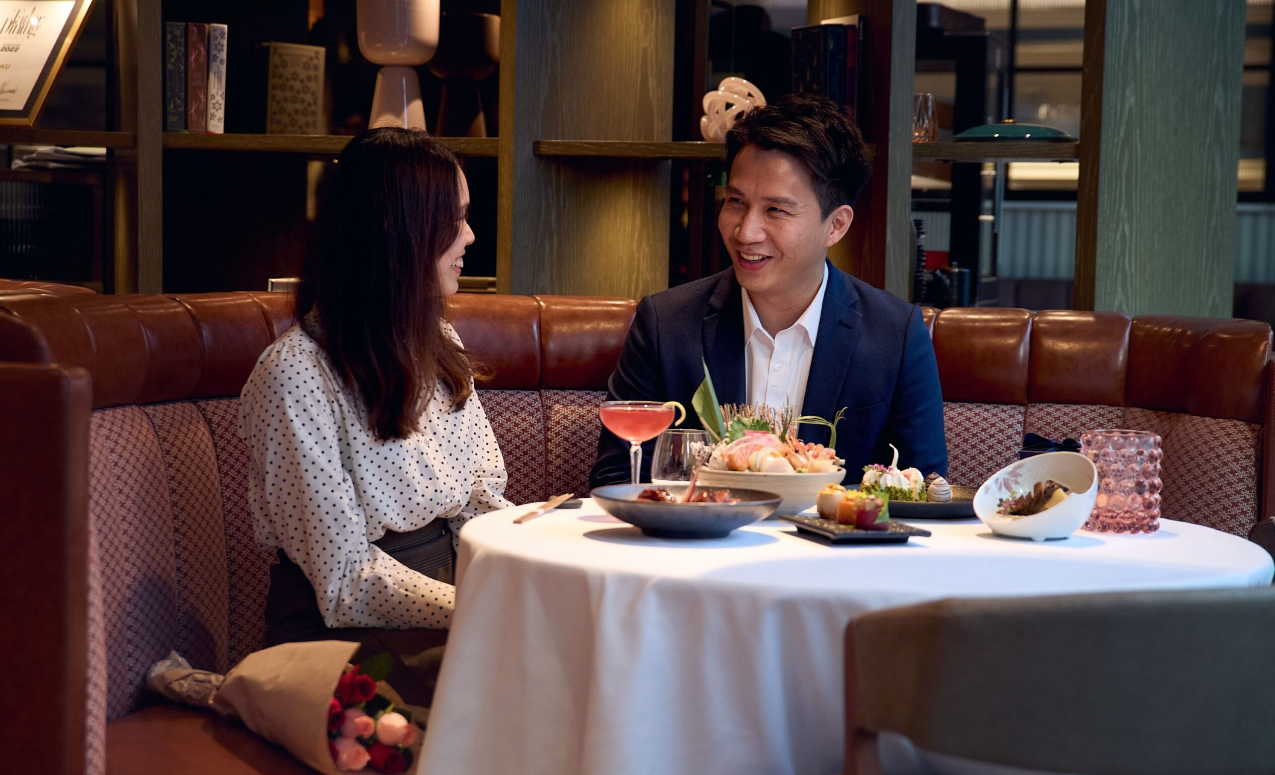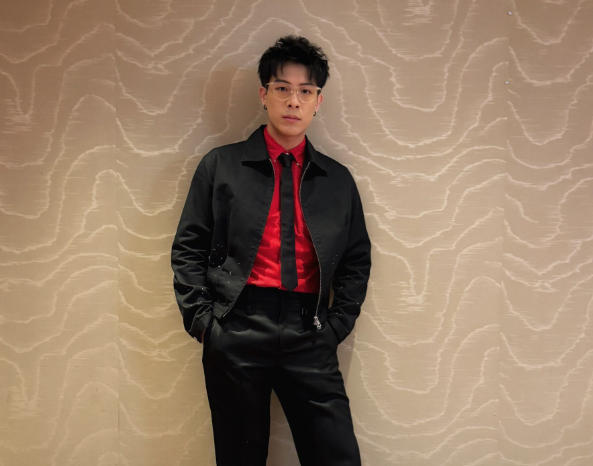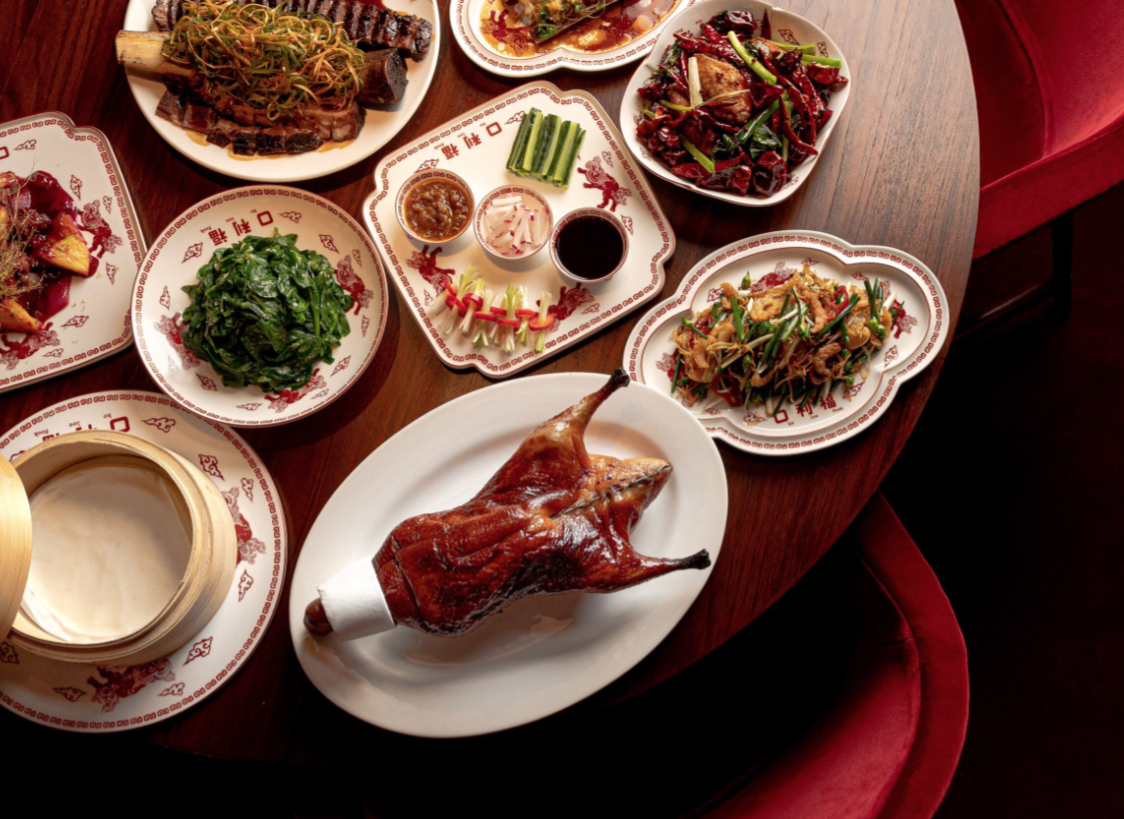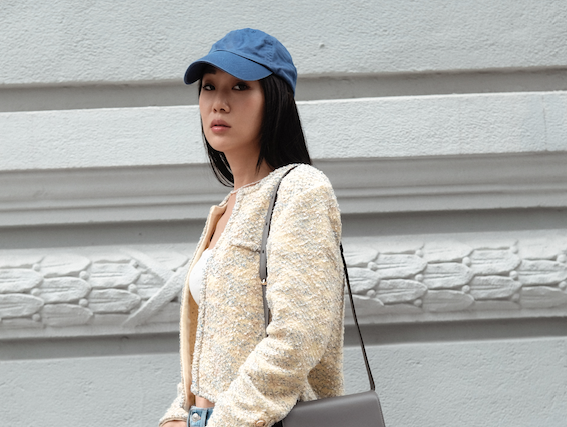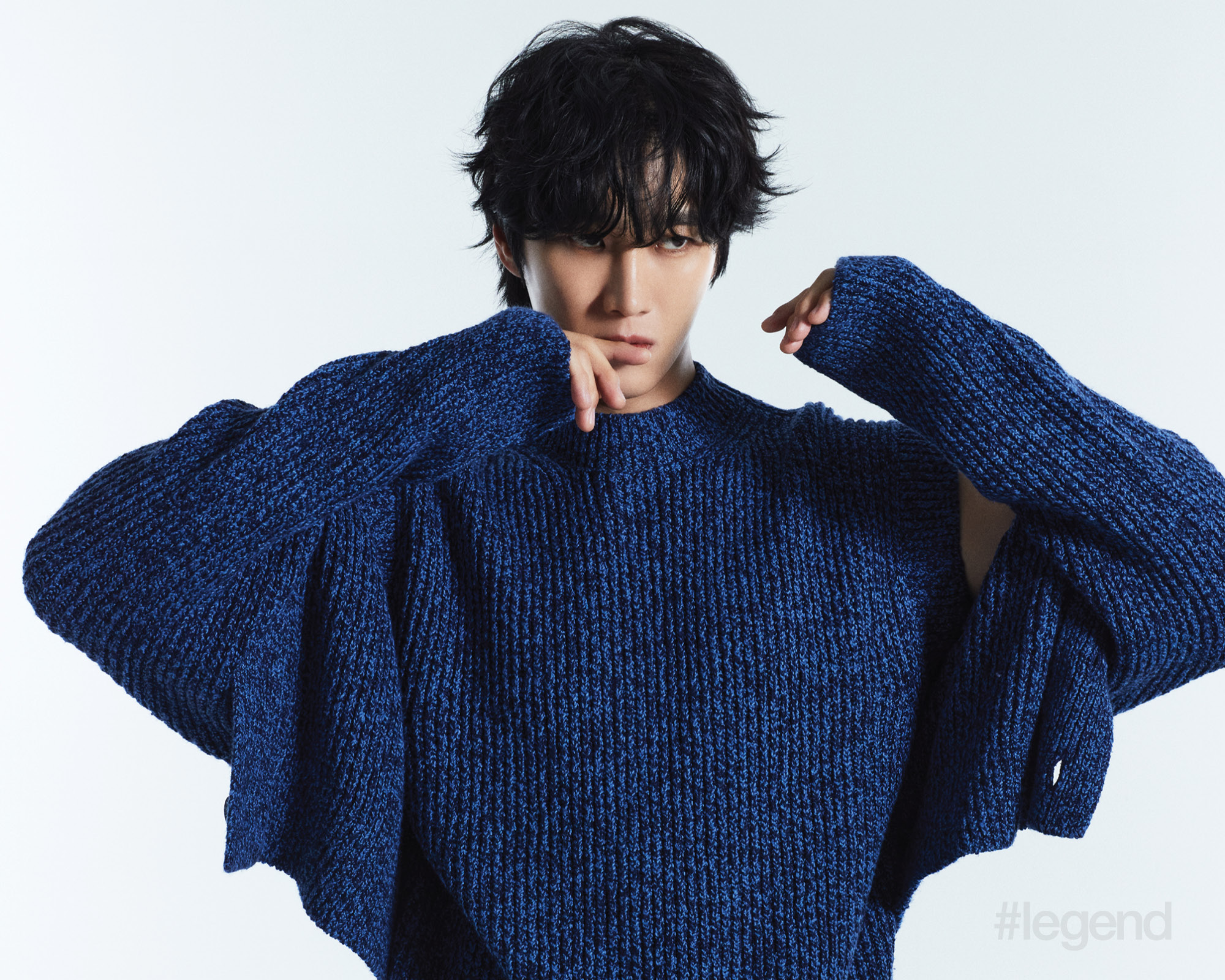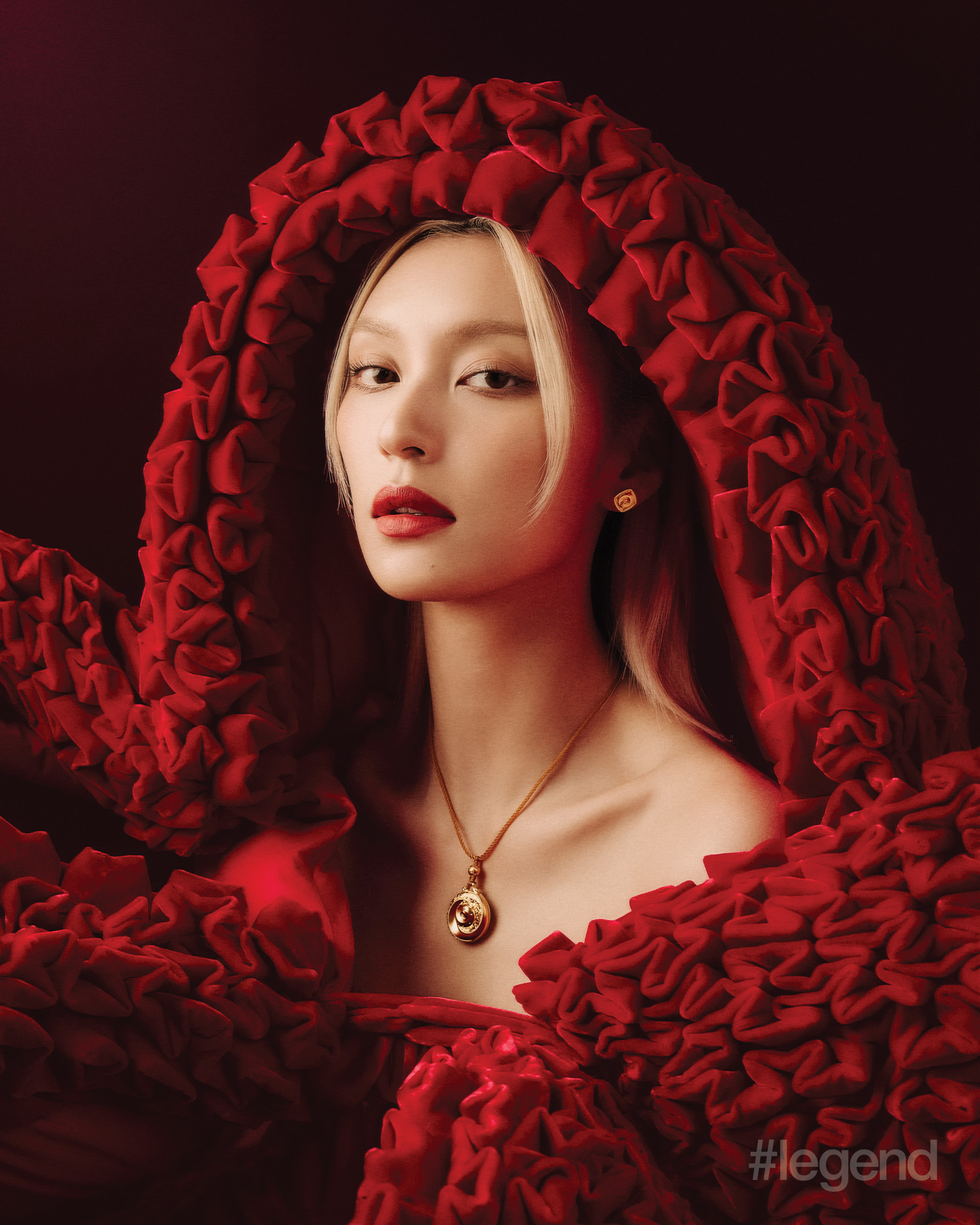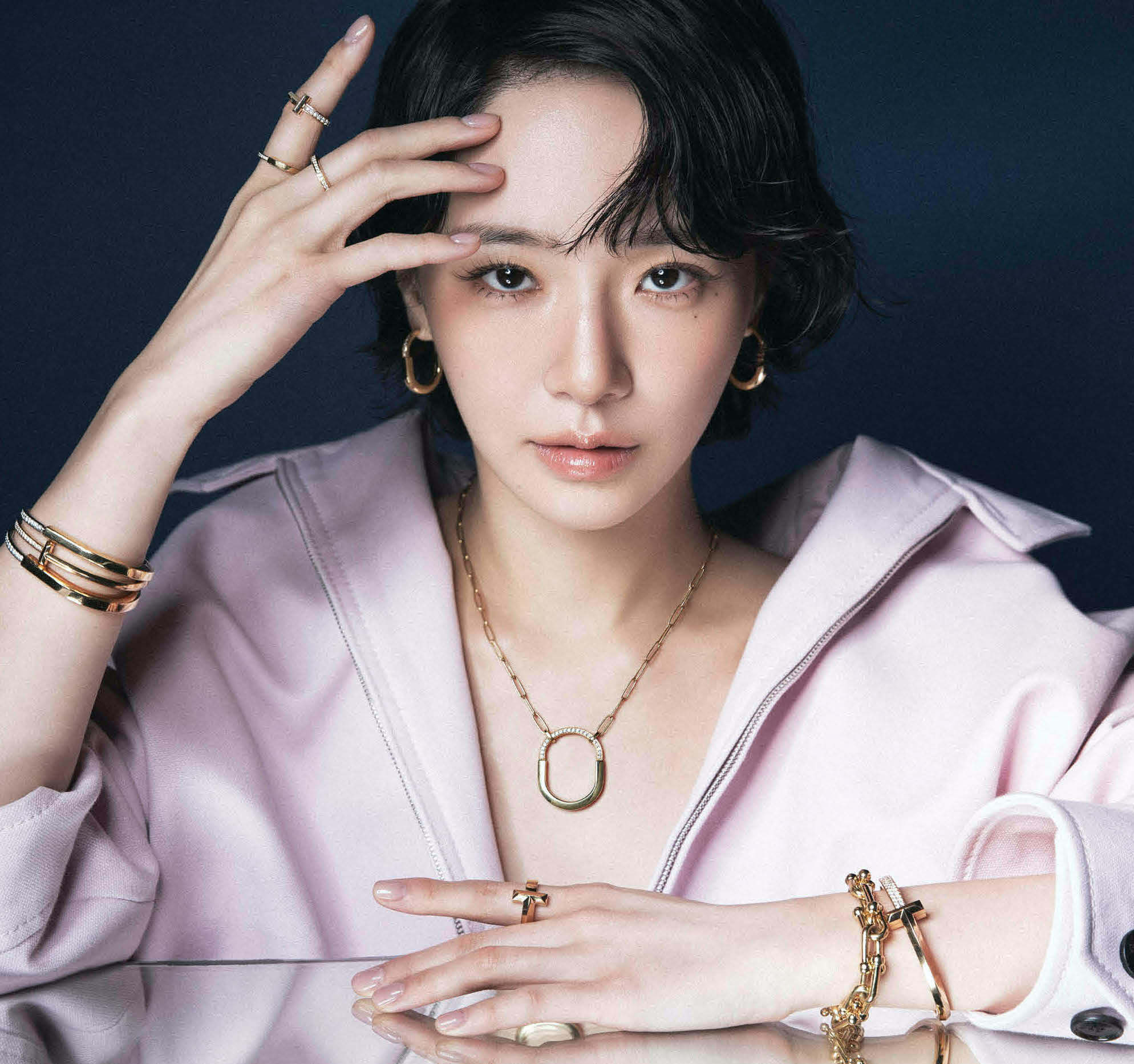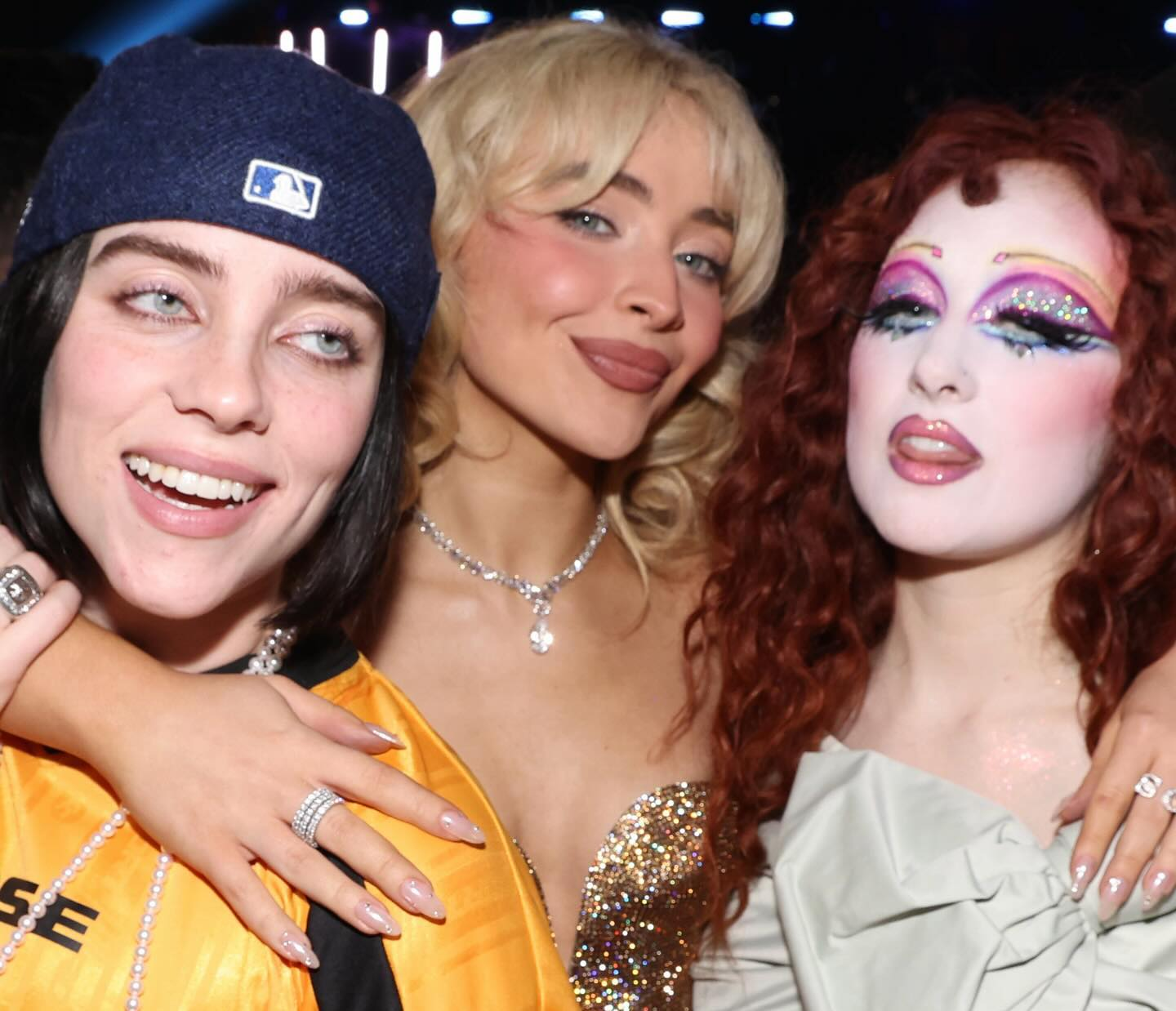This is Joji: Youtube star turned R&B balladeer
Sep 10, 2018

Growing up in an age of technology, the visibility of social media stars has changed the standards of career trajectory and success. And so it is with the Australian-Japanese artist George Miller, better known as Joji, who’s a prime example of this cultural wave.
If you were an early adopter in the YouTube world, you might be familiar with Miller’s former internet personalities: DizastaMusic, FilthyFrank and Pink Guy. With his now-retired sketch-comedy channels having amassed more than 8.5 million subscribers, Miller spent his early web stardom creating a rudimentary persona with satirical soundscapes – he also notably started the meme that led to the globally viral Harlem Shake dance craze. After his personal interest began to wane, Miller stepped away from producing his YouTube content and redirected his focus on his music career. Now producing under the name Joji in partnership with Asian-American media juggernaut 88Rising, Joji has taken on a starkly transformative yet nuanced departure from his comedic roots.
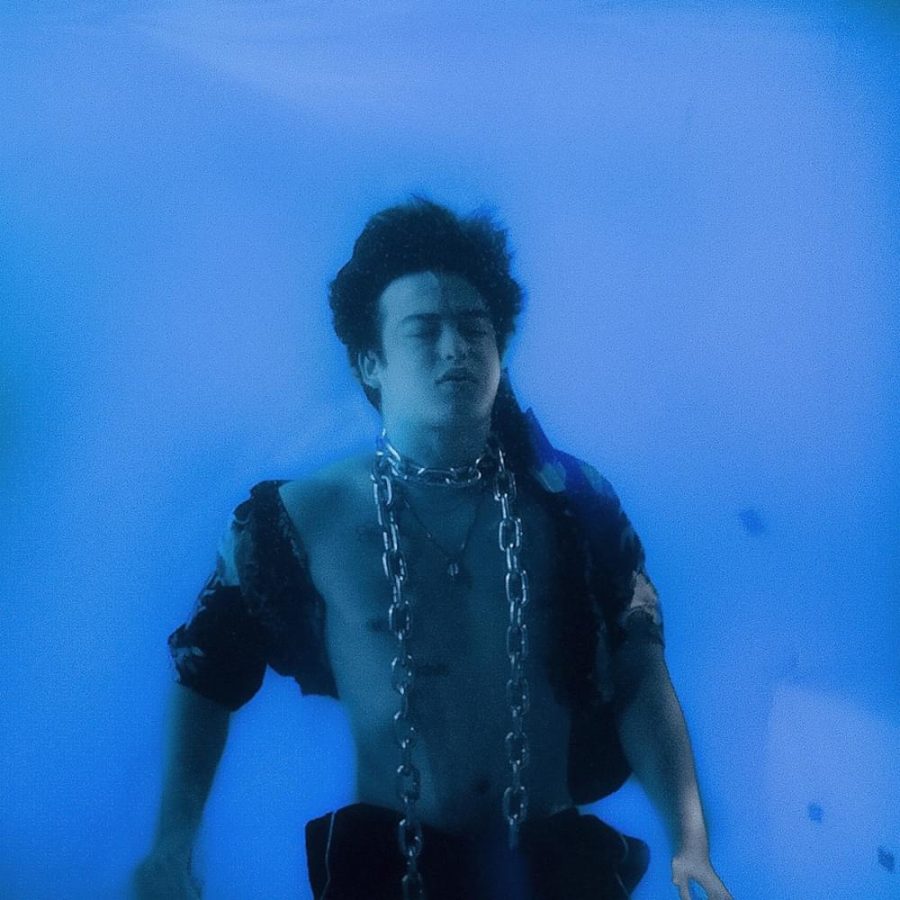
In November 2017, Joji released his self-produced EP In Tongues, which samples a series of tracks with heavy trap elements, soft melodies and desolate vocals. The melancholy that permeates throughout the release is best displayed in the ballad Will He, garnering more than 26 million views on YouTube and 50 million plays on Spotify. The music video, directed by Matthew Dillon Cohen, starts with Joji in a panda costume dancing around a dark house filled with people passed out and clearly wasted, leading to him in a seemingly bloodstained bath and ending with a leading lady in a white silk dress bleeding from an arrow that went through her head. It’s these dark visuals that give Joji his sad-boy appeal; the song was centred on a message to an ex-lover who has moved on and the emotional toxicity that can emerge from that situation.
Joji’s conflicted persona speaks to a larger message that mainstream media is afraid of portraying: the idea that a person with numerical success doesn’t necessarily mean they have reached a point of self-satisfaction. His music touches on issues such as self-hatred and other moral dilemmas that can cause deep introspection – it’s raw and highly relatable. Turbulent relationships, indulging in vices, the self-deprecating cycle that ensues from lovesickness – Joji’s voice resonates with the youth in their journey of self-discovery and reminding us of the drawbacks life can bring. Aside from his personal music projects, Joji collaborates on work with other artists on 88Rising, including Rich Brian, Niki, Keith Ape, Higher Brothers and August 08. This July, the gang released their all-star summer album Head in the Clouds, with 88Rising hosting its first music festival to follow, which kicks off in Los Angeles on September 22. The standout single Midsummer Madness quickly became a summer anthem with its infectious feel-good energy. Inspired by a recollection of video clips a band member had compiled from one of 88Rising’s past Asia tours, the music video depicts a series of summer memories the entire 88Rising crew, shot in Malibu.
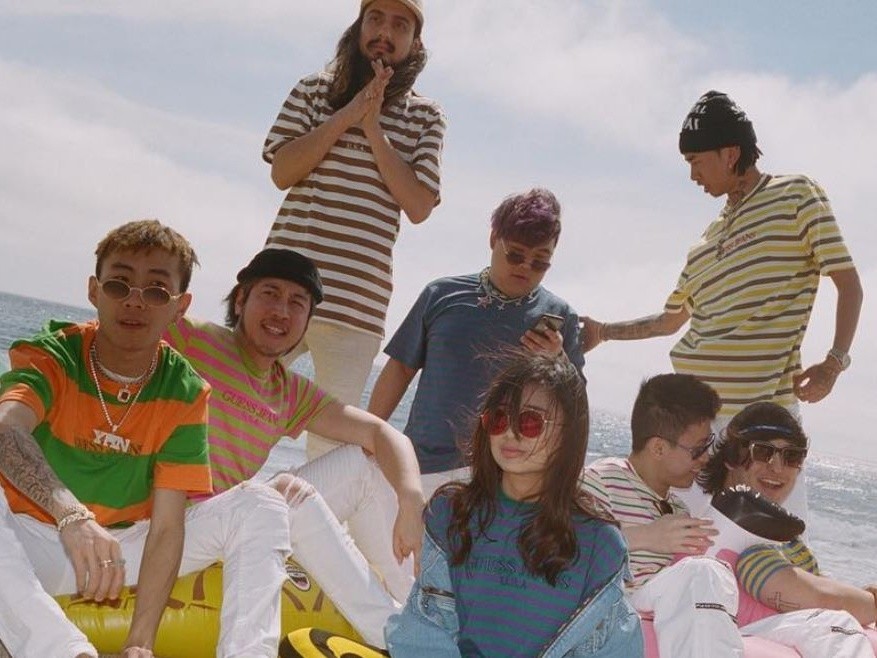
88Rising has quickly become a powerhouse for Asian youth talent, who continue to pave their own subgenres in the industry with their unique dualities in Eastern and Western culture. The collective is quickly making itself comfortable in the music scene and creating a permanent space in a business that has long lacked in Asian representation. And Joji’s history is admirable, especially in witnessing the contrast from his first strides to his sound evolution today. My adolescent self would never have thought that Filthy Frank would turn into a pensive balladeer, but this unexpected progression in the creative arts is the most exciting thing to see.
This feature originally appeared in the September/October 2018 print issue of #legend


